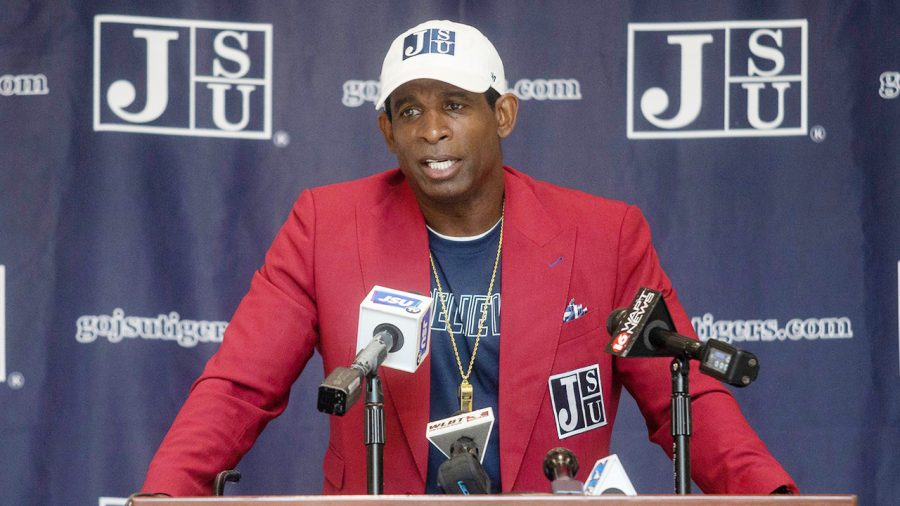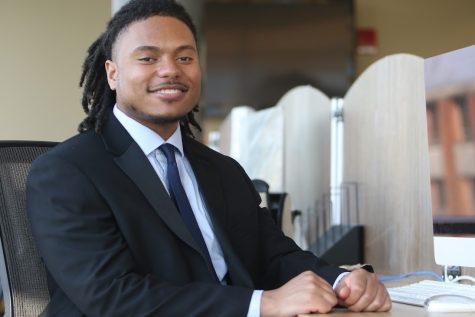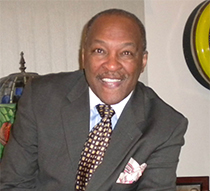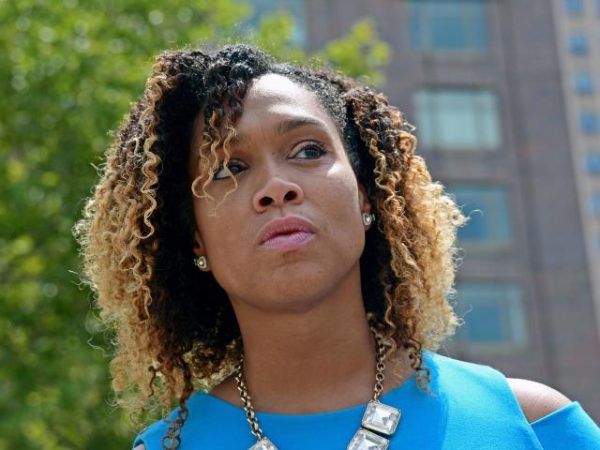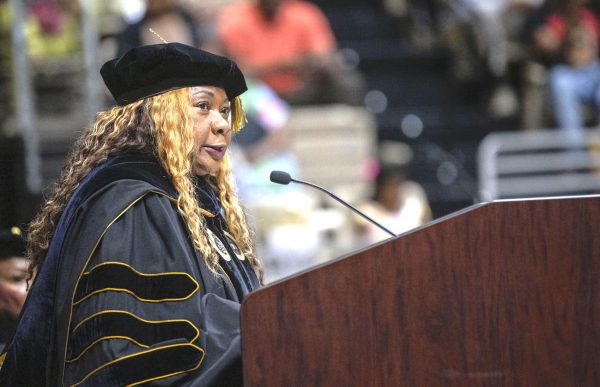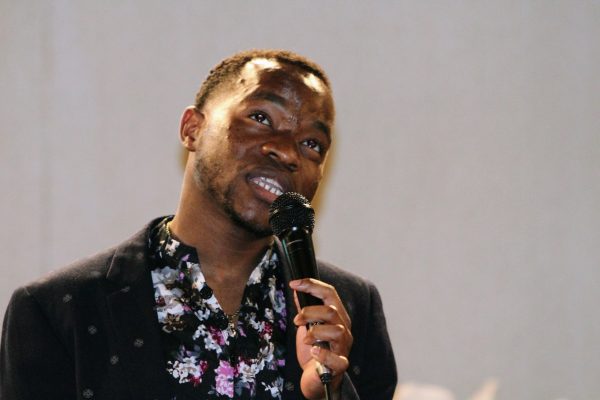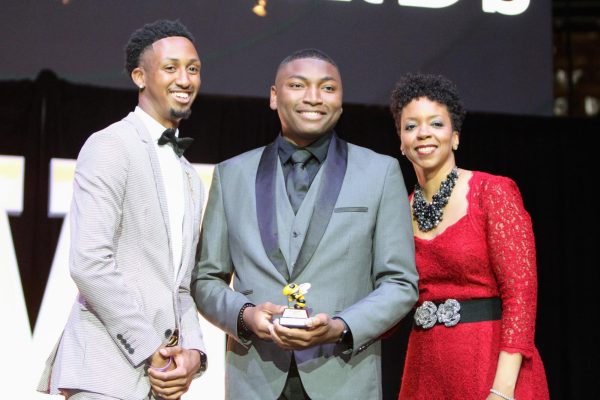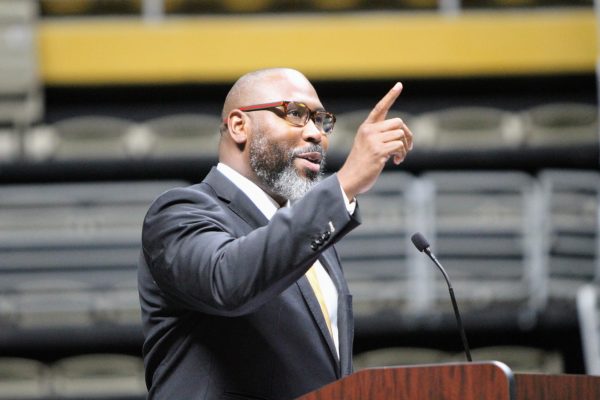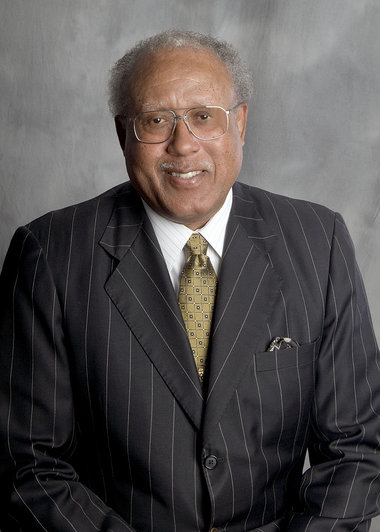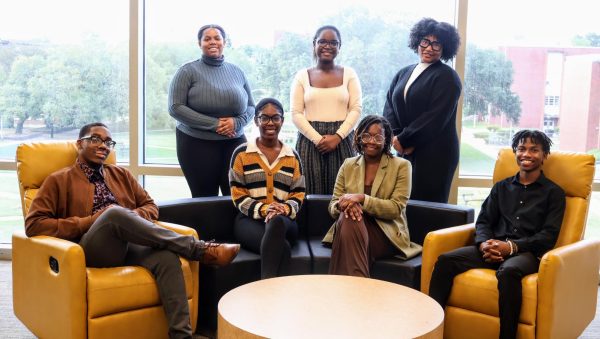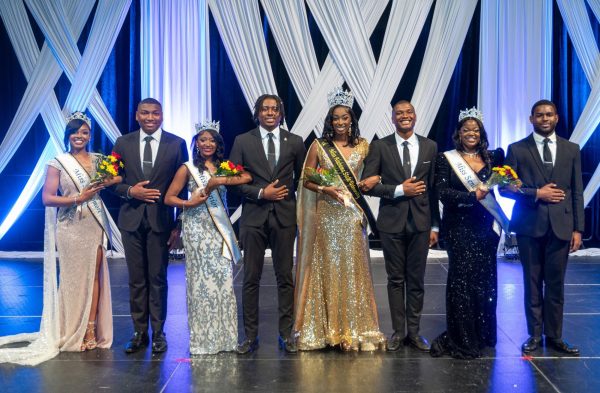J.S.U Hires “Prime -Time” Sanders as Football Coach
October 15, 2020
It’s prime time in Jackson, Mississippi. On Sept. 21, NFL legend Deion “Prime Time” Sanders was announced as the head football coach for the Jackson State University Tigers. This will be his first head coaching opportunity at the collegiate level, as he looks to lead the Tigers into a new era of the program.
His decision to join a Historically Black College or University (HBCU) program has brought a lot of attention to the world of HBCU football and sparked more conversation about a potential changing of the guard for black athletes choosing HBCUs over predominantly white institutions (PWIs). The self-proclaimed “Coach Prime” was a guest on ESPN’s First Take, where hosts Stephen A. Smith, Max Kellerman, and Molly Qerim Rose asked him questions regarding his big decision.
“I think in such a time as this, what we’re going through in the turbulent times of our country and what the black man is up against, I think it was time … time to take these kids and level the playing field and give them the opportunities that they deserve,” Sanders said, explaining his reasons for taking the job.
Among the opportunities that Sanders highlighted was the opportunity for more players from HBCUs to be invited to the annual NFL combine, in hopes of showcasing their abilities before the draft. Sanders mentioned that HBCU athletes do not get the opportunity to showcase their talents in the same way athletes that attend other schools do. Unfortunately, this problem has existed for years.
In the past, many prominent black athletes attended HBCUs and went on to have successful professional careers. These names include the likes of Jerry Rice, Walter Payton, Michael Strahan, and many more. As time passed, black athletes began to choose other schools with more to offer. Better facilities, better chances of going to the pros, and more exposure are just some of the reasons these athletes have made those decisions. Recruiting at black colleges has suffered because of this.
Restoring black colleges to their former glory as the mecca for black athletes would be very impactful for HBCUs by bringing more attention to the programs and more money to the schools. This gives student-athletes at HBCUs larger platforms and more opportunities to shine. For this to happen, big moves like that of Deion Sanders, and Alabama State University’s own, Mo Williams, need to become the norm. Investing in these programs by bringing in big names that bring more attention to the programs is very important in provoking change.
By recruiting higher caliber players, HBCU football will demand more attention, specifically the Southwestern Athletic Conference (SWAC). The big names and increased level of competition will add even more excitement to the games and hopefully showcase all the incredible talent our respective programs offer on a bigger stage. As Coach Prime alluded to in his interviews, now more than ever, investing in HBCUs and its athletics could prove to be monumental for our community. This culture shift has the potential to change HBCU programs forever.


